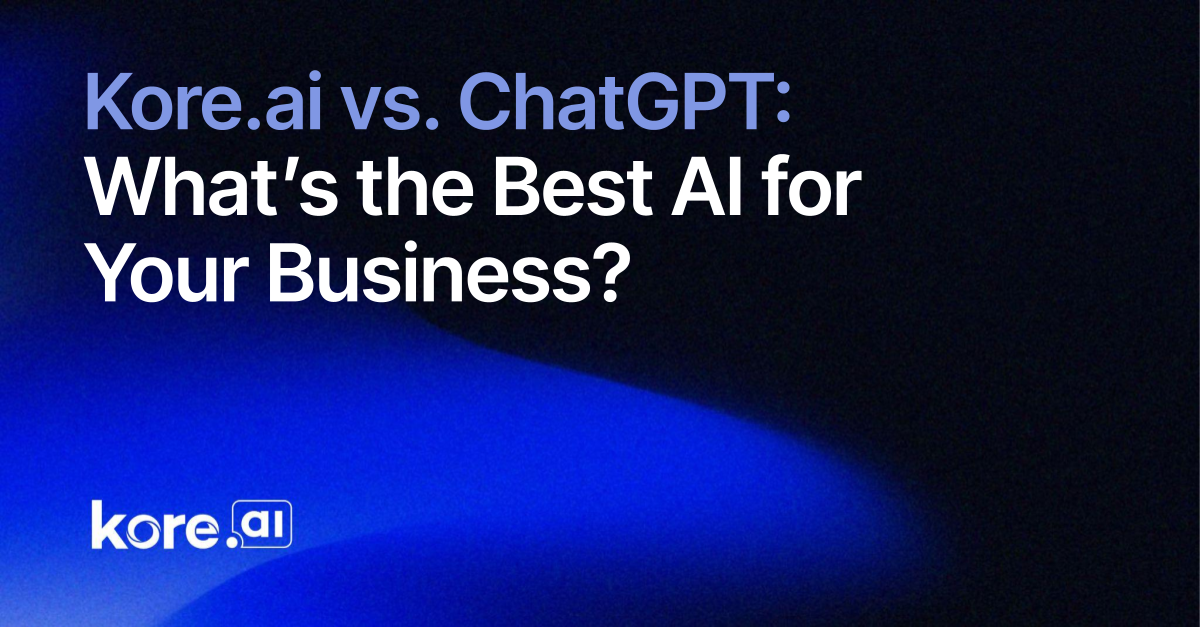What is Artificial Intelligence (AI)?
Artificial Intelligence (AI) has made significant strides in various fields, including healthcare, finance, and education. However, its adoption is not without challenges. Concerns about data privacy, biases in algorithms, and potential job displacement have raised valid questions about its societal impact. Additionally, the “black box” nature of many AI systems makes it difficult to understand […] The post What is Artificial Intelligence (AI)? appeared first on MarkTechPost.



Artificial Intelligence (AI) has made significant strides in various fields, including healthcare, finance, and education. However, its adoption is not without challenges. Concerns about data privacy, biases in algorithms, and potential job displacement have raised valid questions about its societal impact. Additionally, the “black box” nature of many AI systems makes it difficult to understand their decision-making processes, leading to issues of trust and accountability. Addressing these concerns is essential to ensure AI is used responsibly and equitably.
Understanding Artificial Intelligence
AI refers to the simulation of human intelligence in machines that are designed to think, learn, and adapt. It enables systems to perform tasks such as reasoning, problem-solving, and understanding natural language—tasks traditionally requiring human intervention.
AI can be broadly classified into three types:
- Artificial Narrow Intelligence (ANI): Focused on specific tasks, such as recommendation systems, virtual assistants, and facial recognition.
- Artificial General Intelligence (AGI): A theoretical concept of AI that matches human intelligence and versatility.
- Artificial Superintelligence (ASI): A speculative future stage where AI surpasses human intelligence, raising both potential benefits and risks.

AI encompasses several subfields, including:
- Machine Learning (ML): Algorithms that learn from data to improve their performance over time.
- Natural Language Processing (NLP): Techniques for processing and understanding human language.
- Computer Vision: Systems that analyze and interpret visual data.
- Robotics: Machines capable of performing complex tasks autonomously.

Technical Details and Benefits
AI systems rely on computational models inspired by neural networks in the human brain. Techniques like supervised, unsupervised, and reinforcement learning allow machines to analyze large datasets, recognize patterns, and make decisions.
Key Benefits of AI:
- Increased Efficiency: Automation of repetitive tasks frees up time for more strategic work.
- Better Decision-Making: Data-driven insights enhance planning and outcomes.
- Improved Customer Experience: Personalized services and chatbots provide more engaging interactions.
- Advancements in Healthcare: AI aids in early diagnosis and customized treatments.
- Economic Opportunities: AI drives innovation and fosters new industries.
Insights
AI’s transformative potential is evident in numerous applications:
- Healthcare: Tools like IBM Watson support physicians in diagnosing diseases, with studies projecting AI could save the healthcare industry billions annually by improving efficiency and outcomes.
- Finance: AI systems detect fraudulent transactions in real-time, as seen in Mastercard’s fraud detection platform.
- Retail: Amazon’s recommendation engine, powered by AI, contributes significantly to its revenue by enhancing the shopping experience.
Ethical considerations are central to AI’s continued growth. Efforts by organizations like Google and IBM focus on transparency, fairness, and accountability. For example, Google’s AI principles emphasize the importance of mitigating biases in AI systems. Learn more about Google’s AI practices.
Conclusion
Artificial Intelligence represents a significant technological shift, influencing how we live and work. Its potential is vast, but so are its challenges. Addressing ethical concerns, improving transparency, and fostering collaboration between technologists and policymakers will be crucial for harnessing AI’s benefits responsibly.
Also, don’t forget to follow us on Twitter and join our Telegram Channel and LinkedIn Group. Don’t Forget to join our 65k+ ML SubReddit.
What's Your Reaction?








































